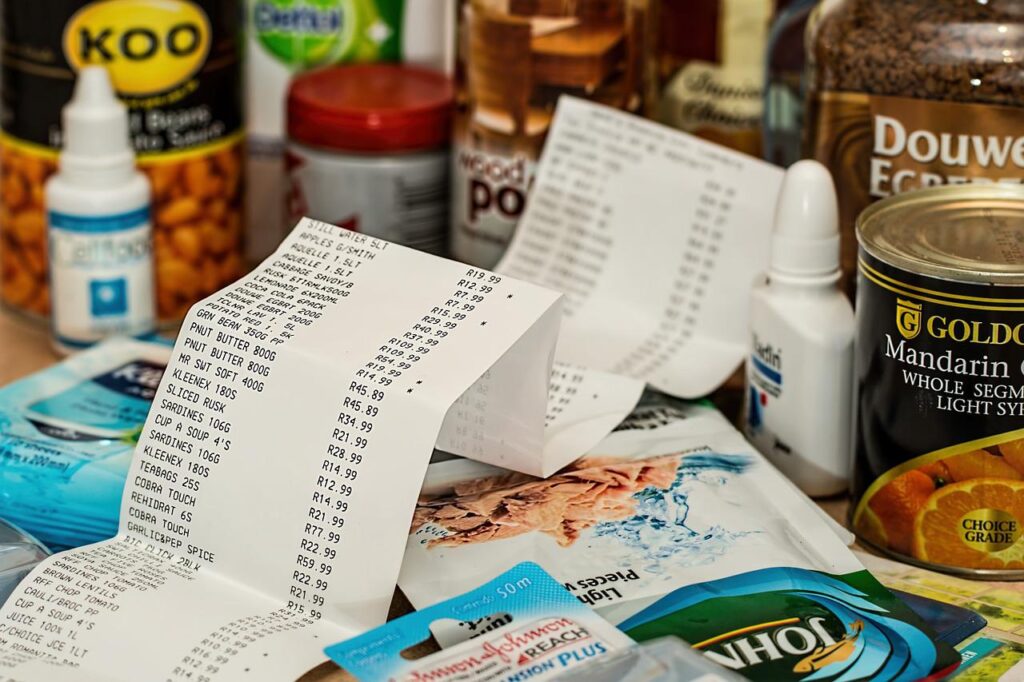If you saw my recent post on Instagram, you’ll know that the second quarter of 2022 was not so good for my finances. I had a lot going on- from economics and language exams, to intensive professional courses and difficulties in some personal relationships. These took a toll on my financial decision-making. I really lost sight of the controlled, rational ways that I’ve been mastering over the last 2 years. I slipped back into emotional spending. I will write a blog post soon about emotional spending and ways to avoid the trap of irrational, “comfort purchases”.
Here are five strategies that I’ve used to get back on top of my finances and spending:
1. Forgive myself and hit restart
The first thing that helped me was to forgive myself for my financial slip-ups and bad decisions. I realised that I was making emotional purchases. My natural reaction to this would usually be fear (of the damage I’ve done), anger and frustration (at myself). But this time around I realised that being unforgiving towards myself would have caused my to feel even worse (even more stressed, pressured and angry) which would have likely resulted in even more emotional purchases. I needed to free myself of guilt and the negative emotions that had been controlling my spending until that point. My financial trauma means that my spending and finances are absolutely connected and knowing this really helped. (Read about financial trauma here 5 Signs of Financial Trauma and Ways to Overcome it – sambamoneysaver.com)
I needed to hit the RESTART button, evaluate my circumstances in the present so that I could devise a plan for the future.
2. Surround myself with positive financial motivation
When I’m financially motivated, it’s clear. I obsess over financial and economics information. I live, breathe, eat and sleep financial and economic education. I follow finance pages on Instagram and feel inspired by their content; I listen to podcasts, read articles, get excited over new resources, and share information with people close to me. It’s a thing. So after hitting the RESTART button, I make sure that I immerse in my mini world of finance and economics education so that I am exposed again to the positive resources and influences that usually inspire me on this financial journey.
3. Create a shopping budget

When I’m not properly managing my money, you can catch me in the local supermarkets every other day (sometimes everyday). In any aisle, I’ll browse until something speaks to me. In order to remove this temptation from glaring into my wallet, I create shopping budget for groceries. This means that all basic ingredients for meals are accounted for in my weekly budget. Any other food spending that happens, can only be for absolutely NECESSARY items. For example, if I’m on a day trip in Cologne and feel thirsty, I’ll allow myself to buy a drink, rather than get heat stroke, for example. I’ll also allow myself to go to the bakery for a pretzel…BUT, when I’m really on top of my finances, I will have brought a packed lunch with me. This also means meal planning a lot. I ban myself from walking around Netto or Lidl trying to fill a void in my life and I set rules to ensure that my purchases are grounded in common sense and discipline not, frivolous hedonism.
4. Purge subscriptions, direct debits and standing orders
Go ahead and cancel those amazon prime accounts, gym memberships that you haven’t used since Christmas, food delivery services which you aren’t entirely happy with. Take a leap and cancel some outgoings. Be reckless with your cancellations. The feeling is euphoric. You will realise that you aren’t bonded to these companies, you do not owe them your loyalty and guess what…you can re-subscribe in the future should you need to.
5. Take yourself on a money date
I’ve posted on my instagram about money dates in the past SMS | Money and Stuff (@_sambamoneysaver) • Instagram photos and videos. MONEY MONDAYS are something that really keep me on track. Money Mondays are a day that I have set aside each week to go on a date with my finances, evaluate and get to know my financial situation. These money dates are a time to consciously look at my outgoings and assess where money is going; see if all transactions make sense and query any unfamiliar activity; inform myself on interest rates and any charges connected to my bank accounts; set budgets; check if refunds have arrived; pay bills etc.
I love doing this on a Monday and starting the week with a clear financial head. I find that it motivates me, but you could also do this on a Friday to assess your budgets for the weekend or on a Sunday once the week has been concluded. It doesn’t have to feel like a chore either- drink your favourite beverage and eat a good meal while on this date- do what YOU need to do!

